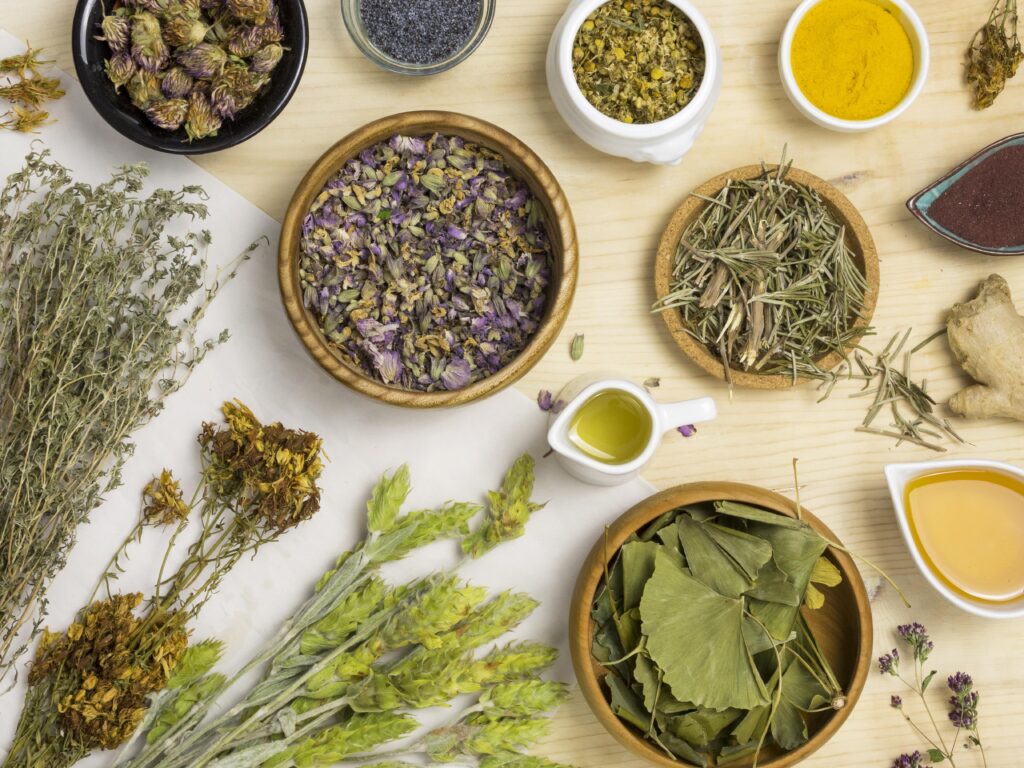Why Growing Medicinal Plants at Home is a Smart Choice
Imagine having a pharmacy just outside your kitchen door. Growing medicinal plants at home provides you with convenience and peace of mind. These plants allow you to take control of your health naturally, reducing your reliance on synthetic drugs. Cultivating them is a therapeutic and rewarding practice, helping you stay connected with nature while enhancing your well-being.
The Rich Heritage of Herbal Medicine in India
India’s rich tradition of Ayurveda showcases the healing power of plants. Medicinal plants have been used in rituals, remedies, and everyday life to promote health for centuries. For example, Tulsi is revered in every Indian household, while turmeric is a common ingredient in our curries. These plants carry significant cultural and medicinal value. By growing them at home, you honour this ancient wisdom and help ensure its continuation.
Benefits of Growing Medicinal Plants at Home
A Sustainable and Cost-Effective Way to Stay Healthy
Why spend money on over-the-counter remedies when nature offers a sustainable alternative? Growing medicinal plants reduces reliance on expensive pharmaceutical products, giving you access to effective and eco-friendly solutions.
Fresh and Organic Remedies at Your Fingertips
Store-bought herbs often lack freshness, but having a home garden allows you to harvest exactly what you need when you need it. Having fresh Tulsi leaves for tea or a sprig of mint to aid digestion ensures you can benefit from their maximum potency.
Environmental Benefits of Cultivating Medicinal Plants
Medicinal gardens play a significant role in promoting a greener planet. Growing these plants helps reduce the carbon footprint from transporting and packaging store-bought herbs. Plants such as Neem and Tulsi enhance air quality and promote local biodiversity.
Essential Medicinal Plants for Indian Homes
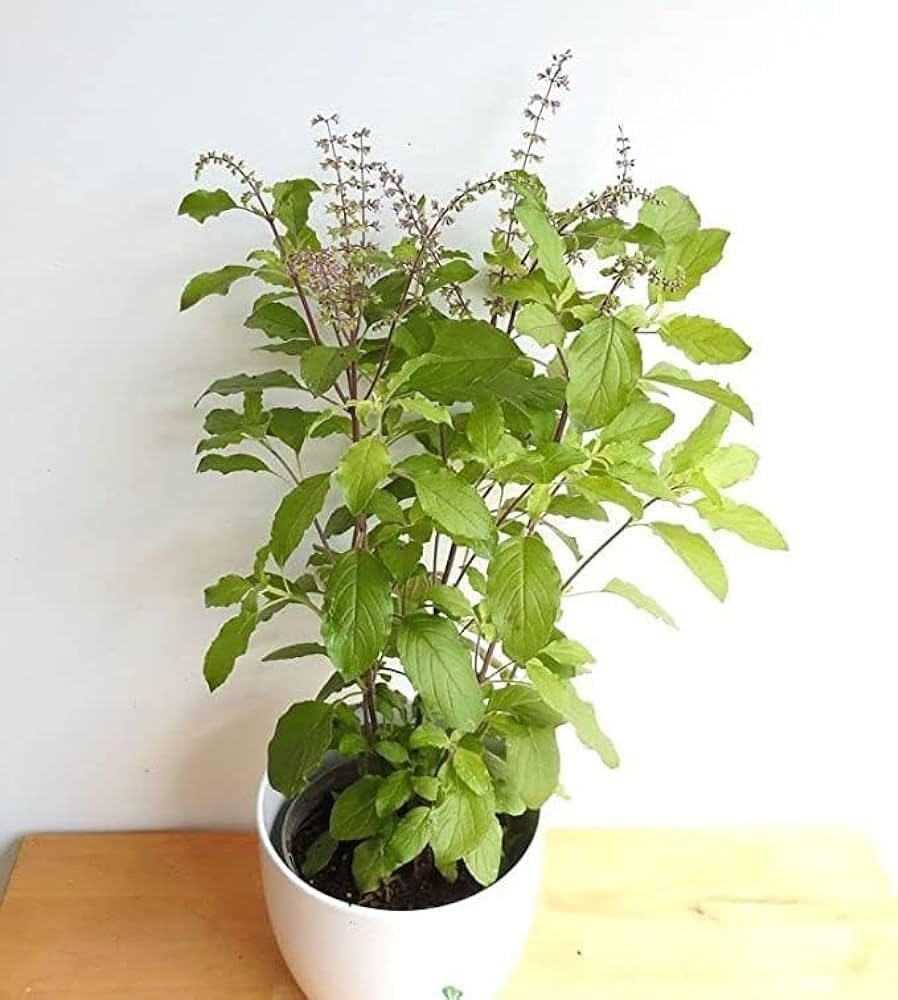
Tulsi: The Holy Basil with Incredible Healing Powers
Tulsi, often called the “Queen of Herbs,” is celebrated for its numerous health benefits. This aromatic plant enhances immunity, alleviates respiratory problems, and is a natural stress reliever. Its revered status in Indian households parallels its potent medicinal properties.
Aloe Vera: The Ultimate Skin and Gut Soother
Aloe Vera, known as the “plant of immortality,” is essential. Its gel soothes burns, hydrates the skin, and aids digestion. This hardy plant thrives with minimal care, making it perfect for beginners.
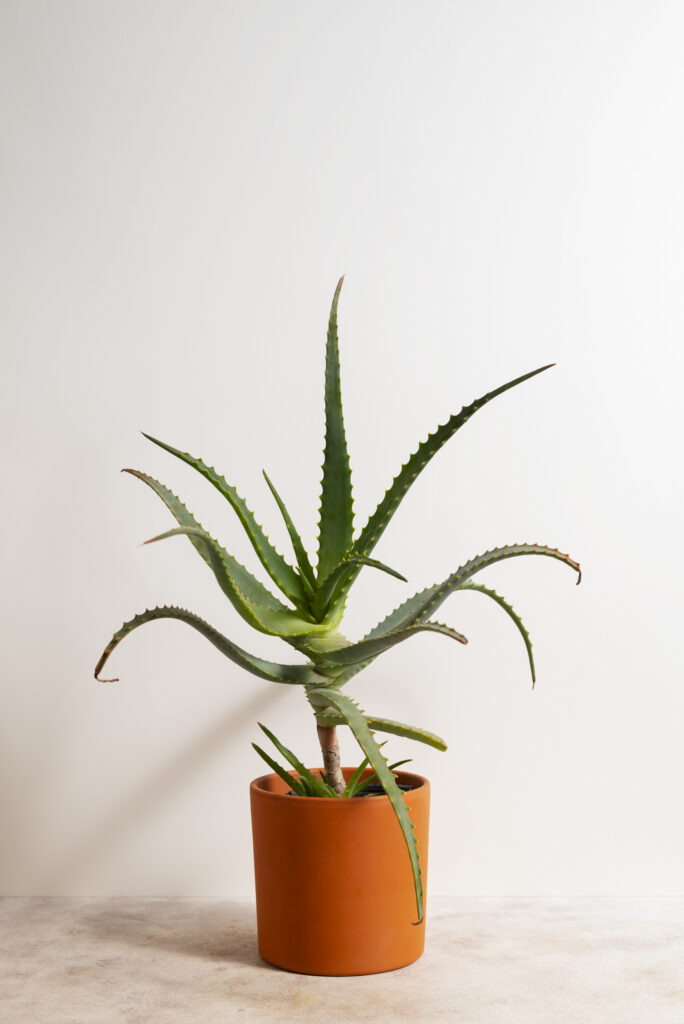

Neem: Nature’s Powerful Antiseptic and Detoxifier
Neem is a vital component of traditional Indian medicine, recognized for its antibacterial and antifungal properties. Its leaves are used in skin treatments, while neem oil is a natural pest repellent.
Turmeric: The Golden Healer in Your Garden
Turmeric is not just a spice; it is a superfood. This golden root is a natural anti-inflammatory, supporting joint health and enhancing immunity. Additionally, it thrives in Indian climates, making it easy to cultivate.
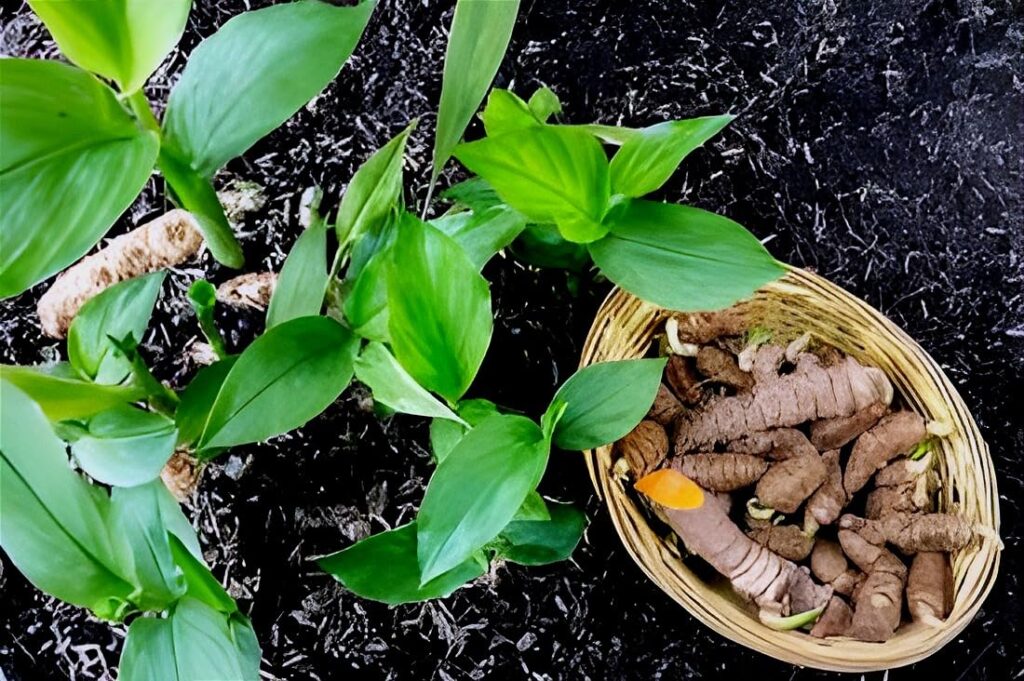
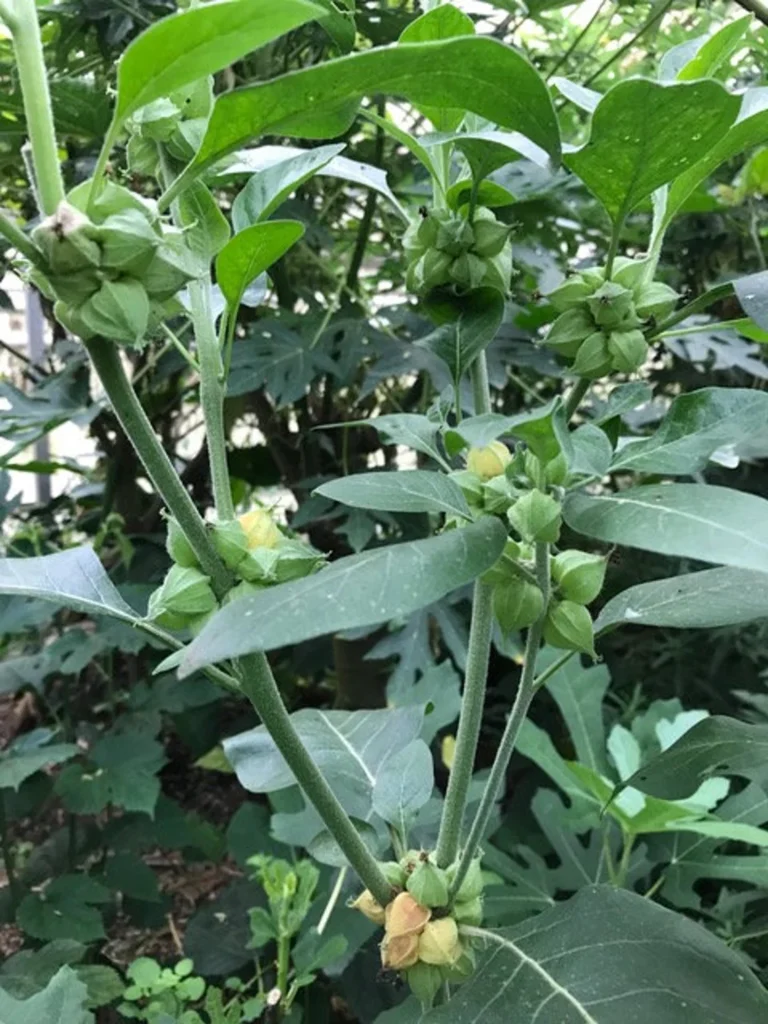
Ashwagandha: A Natural Stress Reliever and Immunity Booster
Ashwagandha is an adaptogen known for reducing stress and enhancing overall vitality. This ancient herb is ideal for those seeking a holistic approach to wellness.
Medicinal Plants for Everyday Ailments
Mint: Your Go-To for Digestion and Fresh Breath
Mint is a fresh, vibrant, versatile herb, and is a digestive powerhouse. It is excellent for soothing upset stomachs and enhancing the flavour of beverages.
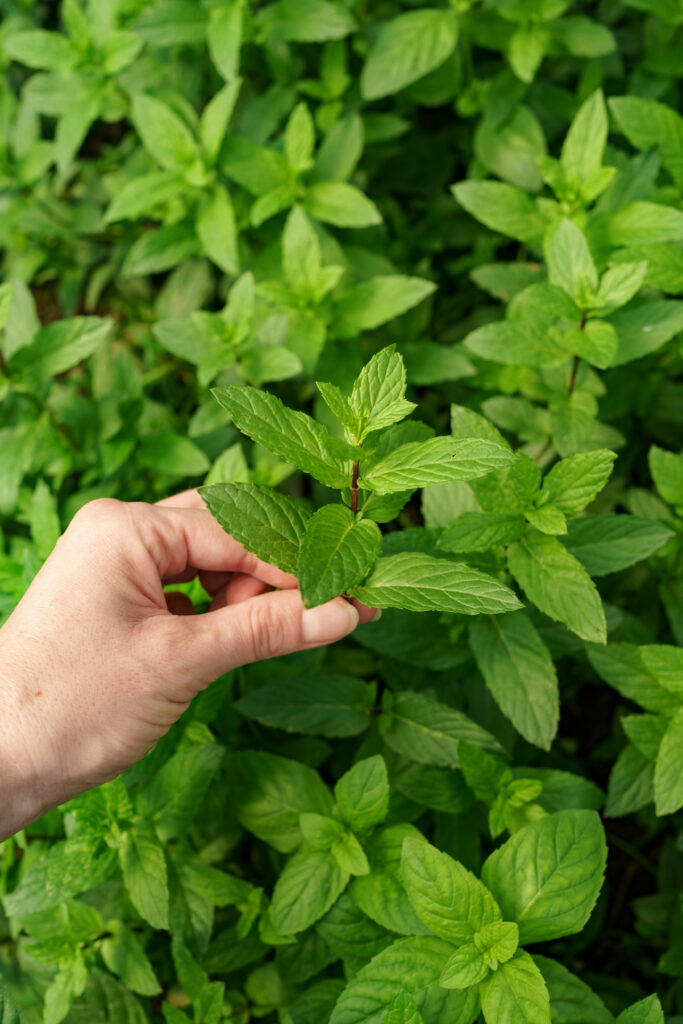
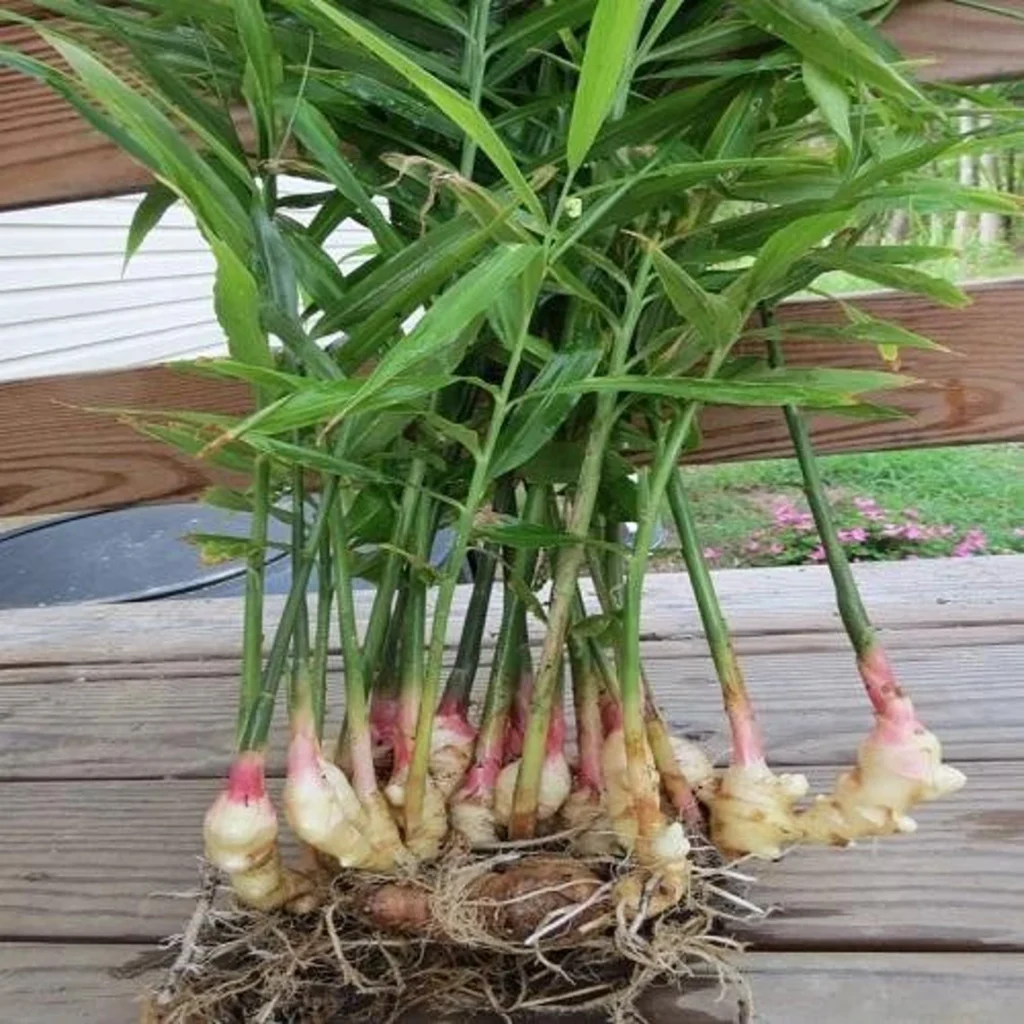
Ginger: A Must-Have for Cold and Cough Relief
Ginger is a kitchen essential known for its strong anti-inflammatory properties. Whether enjoyed as tea or incorporated into dishes. It’s excellent for fighting colds.
Lemongrass: Perfect for Tea and Pain Relief
Lemongrass adds a citrusy zing to your tea and relief from headaches and muscle pain. It’s a fragrant addition to any garden.
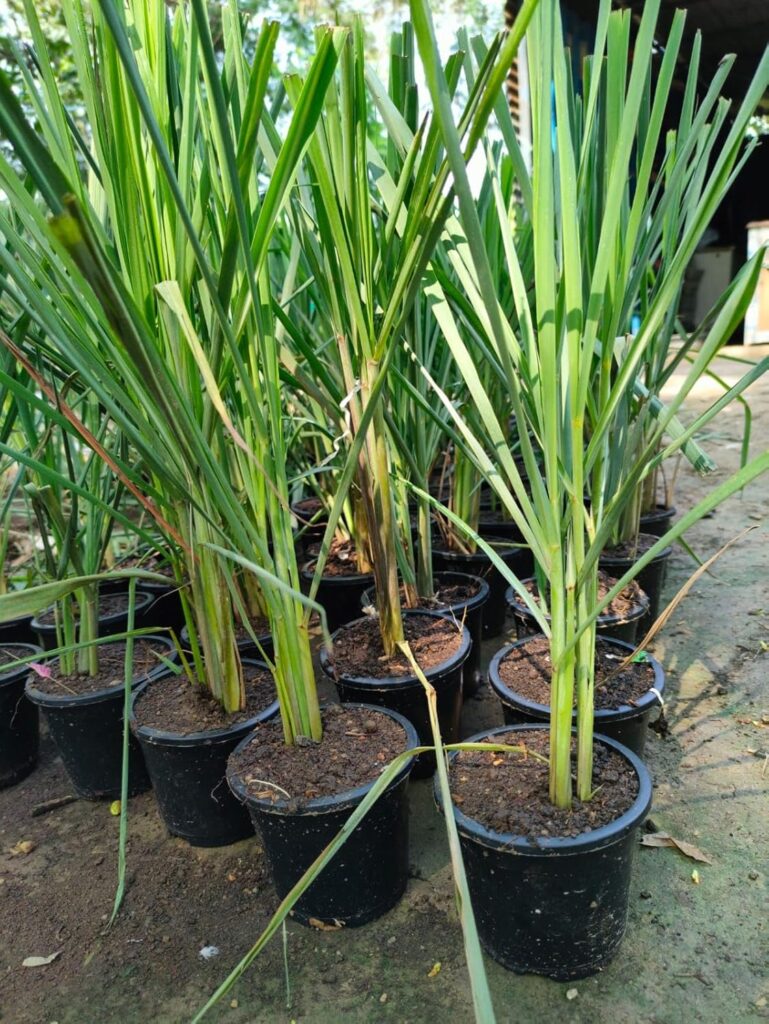
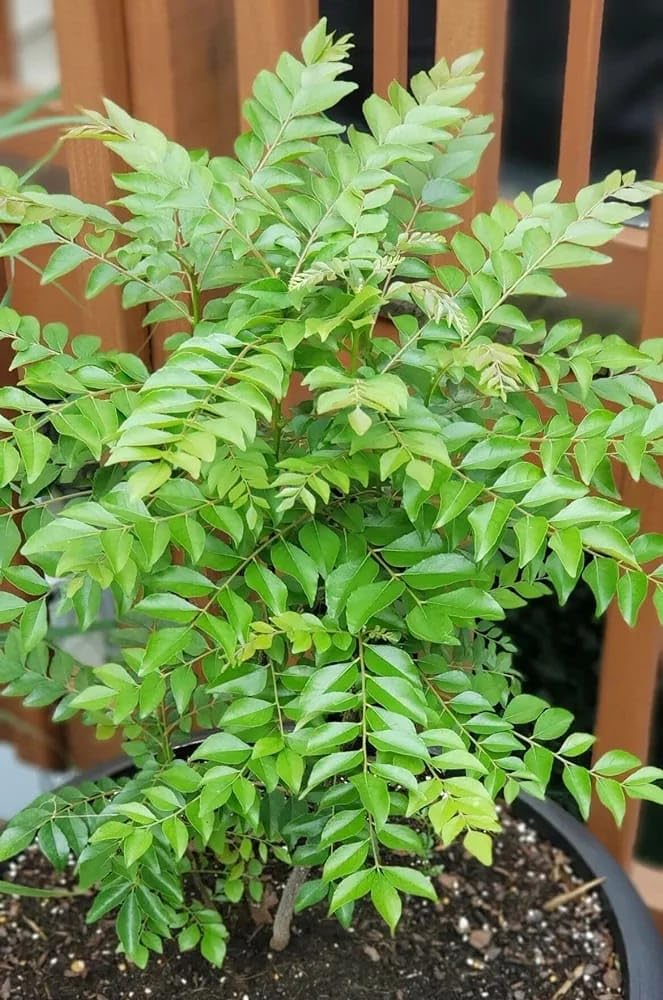
Curry Leaves: For Healthy Hair and Improved Digestion
Curry leaves are rich in nutrients and antioxidants, which support digestion. They are commonly used in hair treatments to promote growth.
Easy Tips for Growing Medicinal Plants
Choosing the Right Spot: Sunlight and Shade Requirements
Most medicinal plants thrive in bright sunlight, while some, such as mint, prefer partial shade. Observe the light patterns in your garden to find the ideal spots.
Best Soil Types for Medicinal Plants
Well-draining, nutrient-rich soil is essential for plant growth. Add compost or organic matter to the soil. This will give plants the nutrients they need to grow well.
Watering and Fertilization Basics
Overwatering can damage your plants. Water only when the topsoil feels dry, and use natural fertilizers such as vermicompost or homemade compost.
Caring for Your Medicinal Garden
How to Prevent and Treat Common Pests Naturally
Avoid using chemical pesticides. Instead, utilize neem oil sprays or introduce beneficial insects such as ladybugs to help control pest populations.
Pruning and Harvesting Tips to Maximize Plant Health
Regular pruning encourages healthy growth, and harvesting leaves and stems in small quantities helps prevent stress on the plant.
Seasonal Care Tips for Indian Weather
Protect plants from intense summer sun and heavy monsoon rain. Apply mulch to regulate soil moisture and temperature.
Using Medicinal Plants for Remedies
Making Herbal Teas and Infusions
Brew soothing Tulsi tea or invigorating ginger infusion to enhance your mood and health. Fresh herbs significantly improve both flavour and effectiveness.
DIY Skincare with Aloe Vera and Turmeric
Combine aloe vera and turmeric to create natural face masks or soothing gels. Aloe vera is hydrating and calming, while turmeric offers anti-inflammatory and antioxidant benefits.
Quick Recipes for Natural Home Remedies
Medicinal plants offer quick solutions for common ailments, like neem oil for acne and mint leaves for headaches, with minimal side effects.
Connecting with Nature Through Medicinal Plants
The Therapeutic Benefits of Gardening
Tending to plants is a calming and reflective activity. It reduces stress, enhances concentration, and creates a sense of achievement.
Building a Deeper Bond with India’s Rich Plant Heritage
Growing these plants helps you connect with India’s cultural and medicinal heritage. You can embrace traditions that have been passed down through generations.
Advanced Tips for Enthusiasts
How to Propagate Your Medicinal Plants
Discover how to propagate plants using cuttings, division, or seeds. This rewarding process allows you to expand your garden at minimal cost.
Growing Rare Medicinal Herbs for Unique Remedies
Consider growing rarer herbs like Brahmi and Shatavari to diversify your garden and enhance your collection of natural remedies.
Conclusion
Bringing Nature’s Pharmacy to Your Doorstep
Your home garden can be a personal pharmacy, providing natural solutions for a healthier lifestyle.
Encouraging a Greener and Healthier Lifestyle
Growing medicinal plants helps you support sustainability and wellness while connecting with nature. Start with small steps and watch how your garden and well-being improve.
